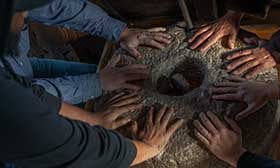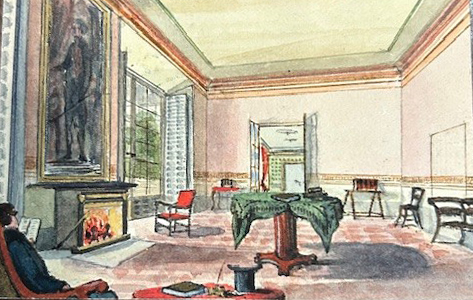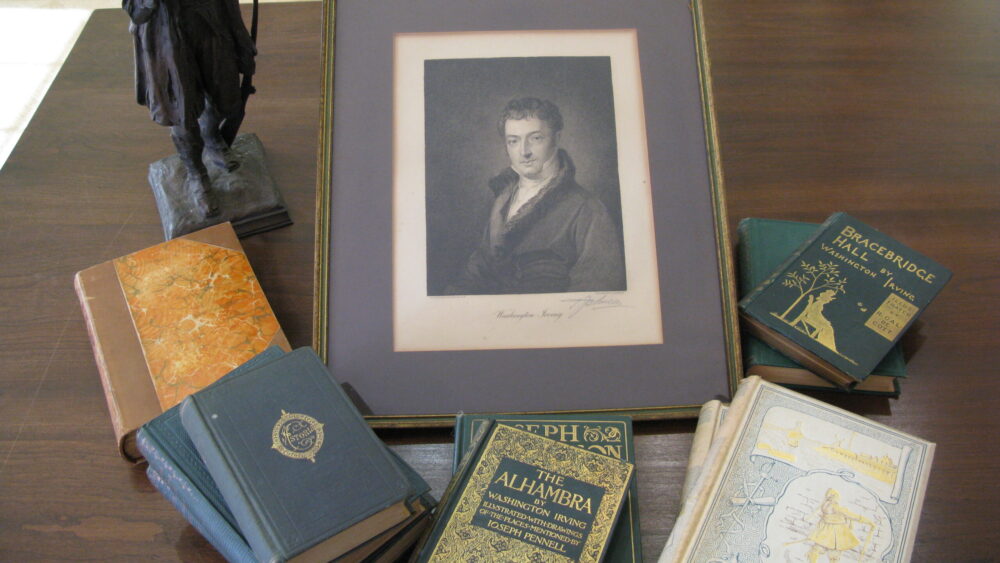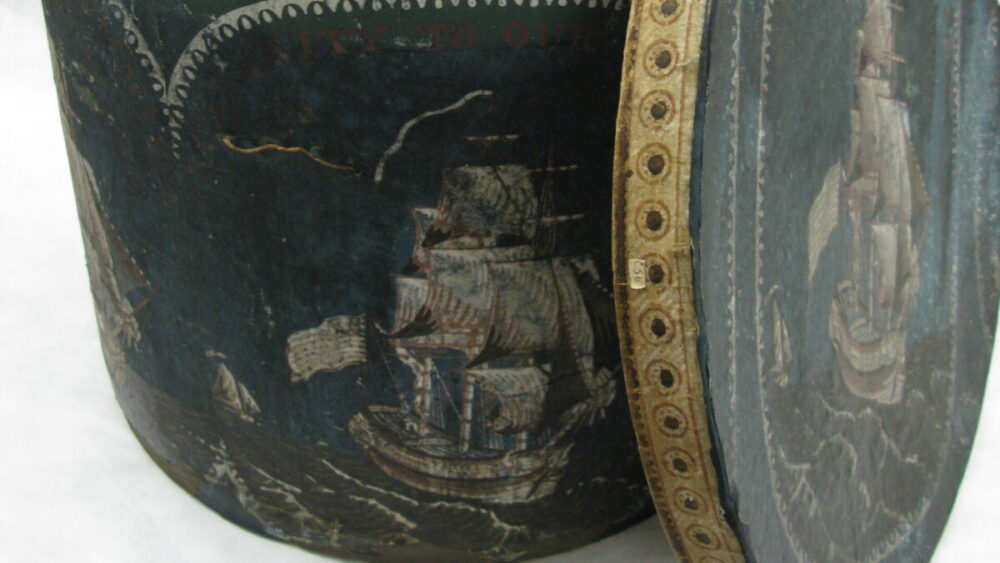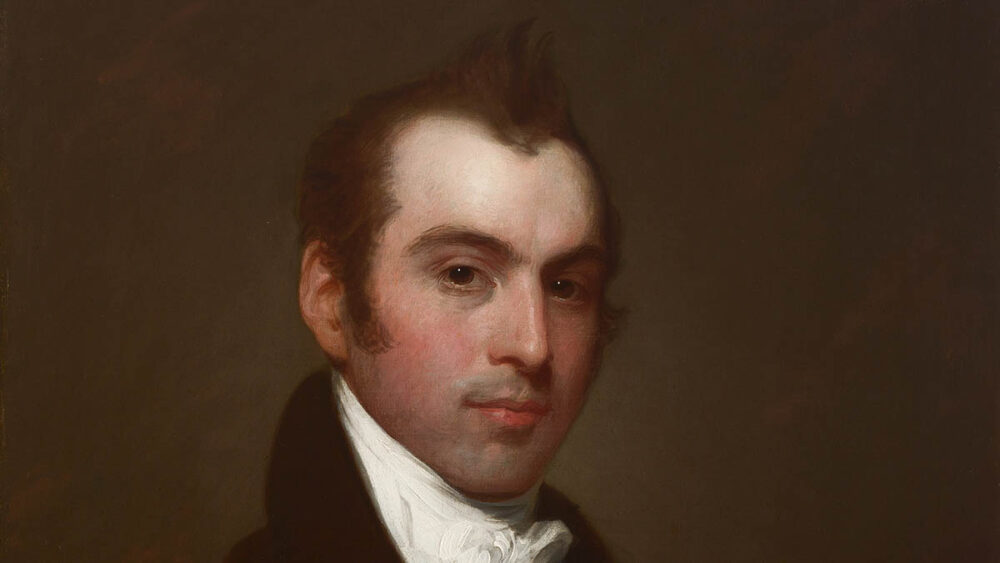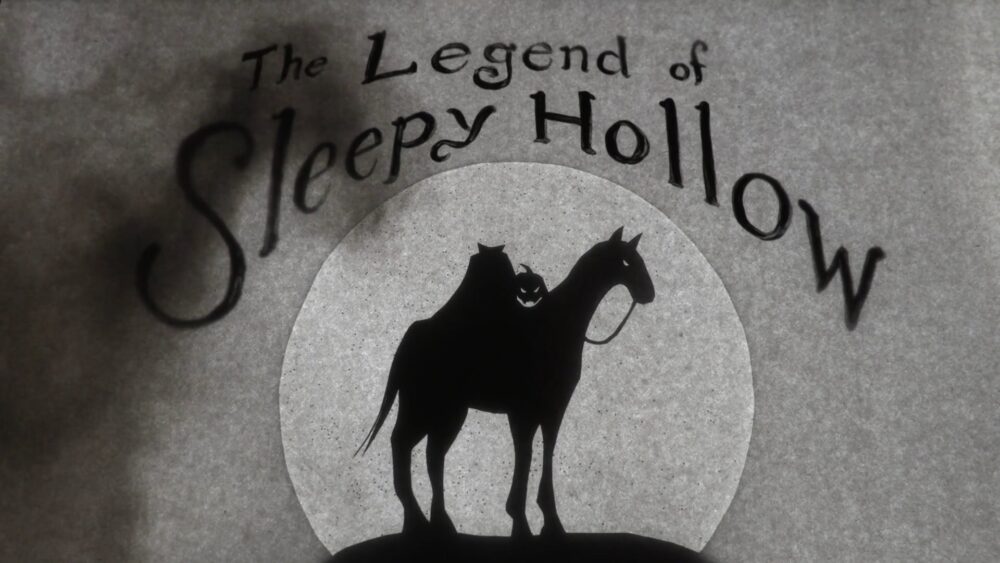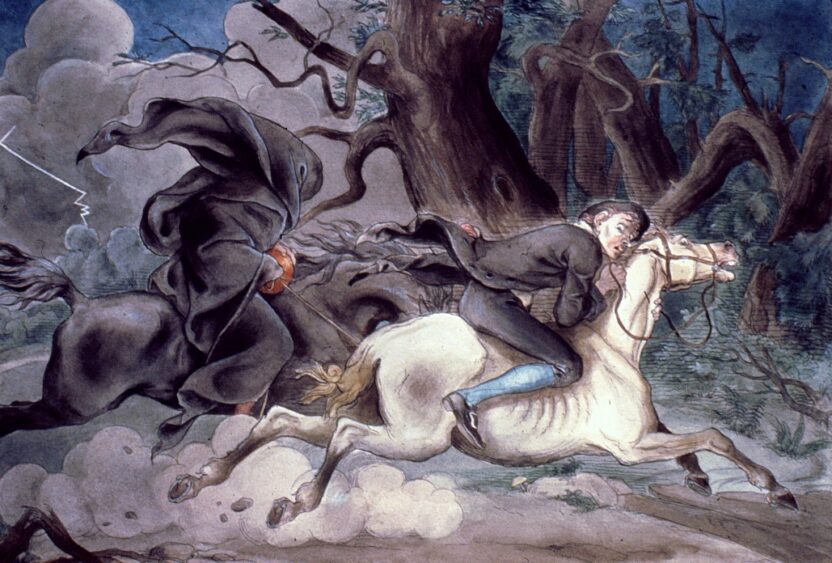Washington Irving’s Role in Creating the Legend of Captain Kidd
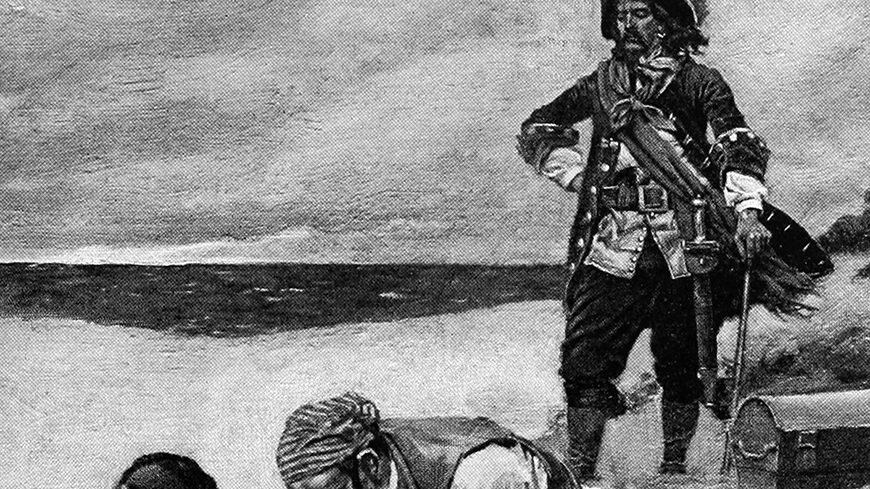
Besides giving us the classic tales of a Catskill denizen with a propensity for snoozing and a horseman seeking heads to replace the one he lost, Washington Irving also played a big role in landing Captain Kidd on the shores of our collective literary imagination.
Of course, the 19th-century author Washington Irving never met the infamous Captain Kidd, a real figure who lived from c. 1645 to 1701. But Irving’s stories of the English captain-turned-pirate helped perpetuate the myth of Kidd.
In his popular book Tales of a Traveller Washington Irving describes the captain in his short story “Kidd the Pirate.”
The “notorious Captain Kidd,” writes Irving, was a suspicious character from the start and “traded for many years among the pirates.” The 17th century was the golden age of piracy on the Atlantic Ocean. Every country needed to protect their merchant and passenger ships from attack and capture. Most turned to privateers, which were private sailors granted permission to search for and capture pirate and enemy ships. Captain Kidd was one such sailor called upon by the English government (in the manner, as Irving puts it, of “setting a rogue to catch a rogue”) and he set sail in a noble ship titled the Adventure Galley, “well armed and duly commissioned.” Irving then describes how Kidd becomes a traitor to the crown:
On arriving at his old haunts, however, he shipped his crew on new terms; enlisted a number of his old comrades, lads of the knife and the pistol, and then set sail for the East. Instead of cruising against pirates he turned pirate himself.
In Irving’s tale Captain Kidd succumbs to greed and lands in Boston laden with treasure, only to find anti-pirate sentiment bubbling over in the English colonies, putting him and his crew in peril. Colonists capture the anti-pirate-turned-pirate and send him to England to stand trial and be hanged, but not before he buries his loot, unleashing legions of treasure seekers who carry on today in the form of guys wearing oversized hats strolling the beach with metal detectors.
The myth of this loot and the legends his deeds inspired have exited the imaginations of other writers, too. In addition to Irving, Robert Louis Stevenson, Edgar Allan Poe, and Nelson DeMille have all alluded to this fabled sailor in their writings. The folksong “Captain Kidd” can be found in many versions (listen to the Golden Eagle String Band performing it on their 1982 album). Even Abbot and Costello fear walking the plank when the comic duo meet Captain Kidd.
But the reality of Captain Kidd may not have been the black and white of a pirate flag, for he may have been victim as well as villain. He set sail with the intent of capturing enemy ships but found little in the way of victory there. Facing mutiny from his crew, he finally captured a French vessel – only to discover it helmed by an English captain. Treason! The English demanded his arrest. Kidd said he was framed and could prove it, but unluckily for him the British government was intent on making an example of pirates, and his trial was theater more than anything else. He was hanged in London in 1701.
Whether Captain Kidd was a money-hungry pirate or a down-on-his-luck sailor is an argument for the ages, but it is Irving’s account of him as a fearless rogue that remains. As Irving well knew, facts can be the heart of the story, but it is fiction that we remember best of all.




